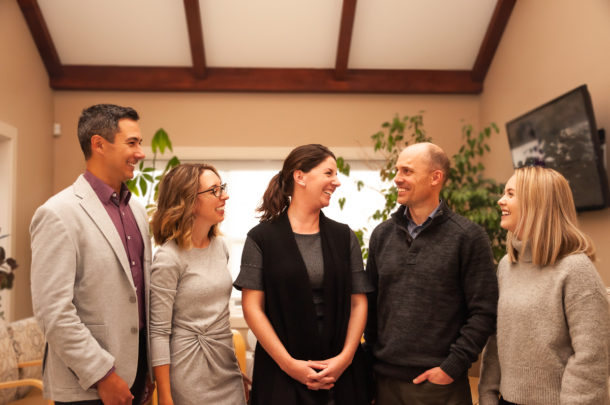The 4 Most Common Misconceptions About Integrative Cancer Care


When new patients walk into my office with the intent of investing into integrative cancer care, it often doesn’t take long before questions about what to expect start to arise. Usually, and for good reason, the priority of questioning goes something like this: “does integrative cancer care work?”, “is integrative cancer effective?”, and finally, “will this interfere with my current conventional drugs and treatment?”. Despite many of my patients purposely seeking out integrative and naturopathic cancer care, with the barrage of negative influences still out there today, many misconceptions about how this all works still emerge.
Let’s take a minute and jump into the top misconceptions about integrative cancer care and how they can be easily dispelled.
The most common misconception
The most common misconception we see is the idea that integrative cancer care is considered an “alternative cancer care” approach. This, in itself, is inherently wrong. Integrative means combining more than one thing. With integrative cancer care, we’re talking about bringing together both complementary therapies and conventional cancer treatments. It’s the collaboration of both of these medical disciplines that truly create the best opportunity for effective patient care.
The most common assumption
On top of this misconception is the assumption that integrative cancer care is largely based on unfounded scientific research. With the quickly growing movement toward optimal health and natural medicine, now more than ever, research has had no choice but to follow suit. We’re continuing to learn not only about the positive impacts of how natural medicines work, but how to safely and effectively use them in combination with conventional cancer drugs.
It’s not actually dangerous, right?
This brings me to dispel the next integrative cancer care myth; that it’s dangerous. Remember, natural doesn’t always mean safe; a derivative of the foxglove plant, digoxin, is used as a cardiac drug… but it has a very narrow therapeutic window which means that too much can definitely do harm. The same can go for any natural substance, which is why you want to get your advice from someone who really understands interactions and benefits. To put it plain and simple, the Cornerstone approach to Integrative Cancer Care understands the mechanisms behind how both natural and conventional medicines work. Given this understanding, there’s little danger in actively combining both together (and yes, this includes dealing with chemotherapies, radiation, or surgery).
I’m a strong advocate of due diligence over the course of a lifetime, I’m less of a fan of automatically defaulting to not being well informed. The notion that integrative cancer care doesn’t work, simply just can’t be justified. If on one hand natural medicines are “dangerous”, but on the other hand they “don’t work”, there’s just no basis to argue this perception. With patient after patient continuing to feel better and improve their health, here at Cornerstone Naturopathic Inc. there’s just no arguing the benefits of Integrative Cancer Care.
Start Your Best Health, Today
Contact us to schedule a complimentary consultation






